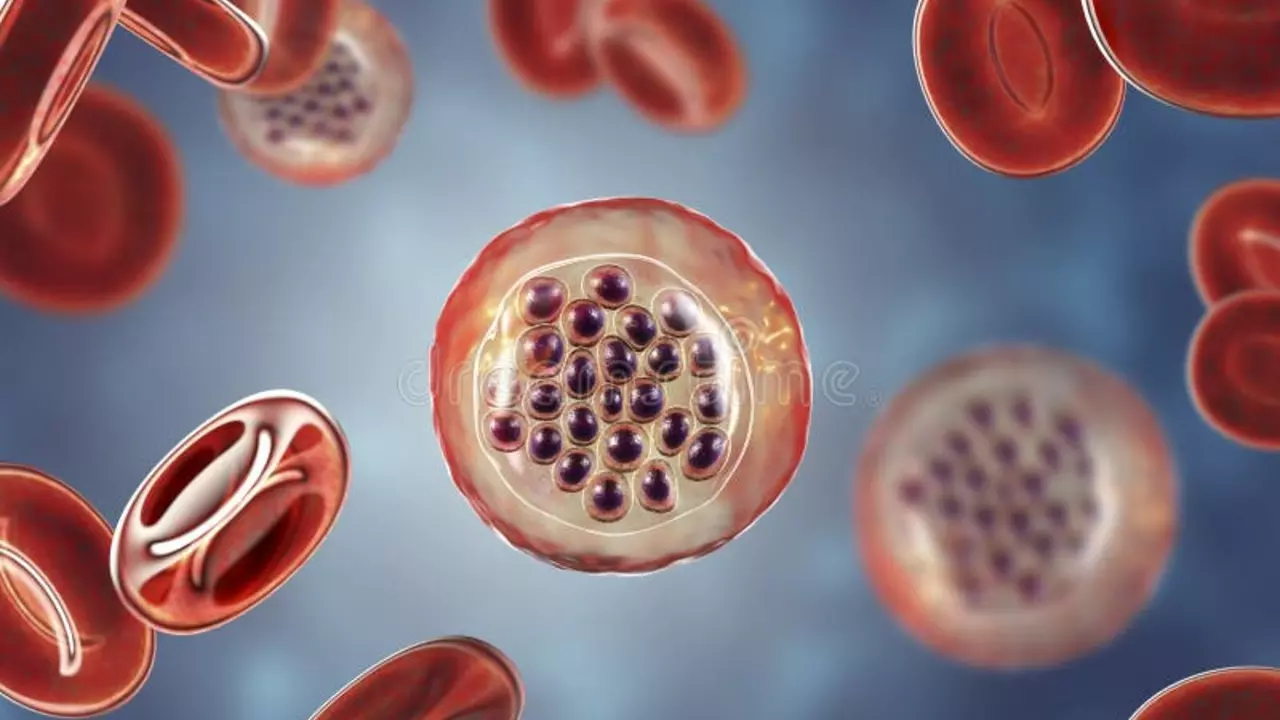Everything You Need to Know About Malaria
Malaria is a serious disease caused by parasites that get into your bloodstream through mosquito bites. It's more common in tropical and subtropical regions, so if you travel or live in these areas, understanding how malaria works can keep you safe.
The most common symptoms include fever, chills, headaches, nausea, and muscle aches. They usually show up a week or two after being bitten by an infected mosquito. If you catch it early, treatment is straightforward, but untreated malaria can get really dangerous fast.
How to Prevent Malaria
Stopping malaria starts with avoiding mosquito bites. Using insect repellent, sleeping under mosquito nets, and wearing long sleeves and pants especially during peak mosquito hours are some simple yet effective ways. Also, some travelers take preventive medicines before heading to high-risk areas. These antimalarial drugs reduce your chance of catching the disease.
Treatment Options and What to Expect
Once diagnosed, doctors usually prescribe antimalarial medications to kill the parasites. The type of medicine depends on where you got infected and the parasite's resistance patterns there. It's vital to finish your full medication course—even if you feel better early. Missing doses can lead to the disease coming back or becoming harder to treat.
Getting treated quickly is the best way to avoid severe complications. If you or someone you know develops symptoms after visiting a malaria-risk zone, see a health professional ASAP. Quick action and following medical advice can make a big difference.
Understanding malaria isn't just about facts; it's about staying safe and healthy. With the right steps, you can protect yourself and others from this avoidable illness.
In my latest blog post, I explored the increasing threat of Malaria due to rapid urbanization. It's alarming to see how growing cities, especially in developing countries, are becoming hotspots for this deadly disease. Unplanned urban growth often leads to poor sanitation and stagnant water bodies, which are perfect breeding grounds for mosquitoes. With more people living in close quarters, the risk of transmission is higher than ever. It's clear we need more proactive urban planning and public health initiatives to combat this escalating issue.

